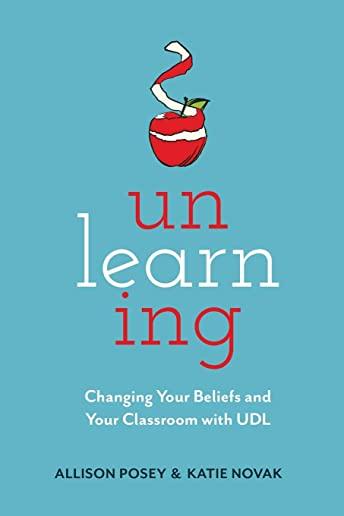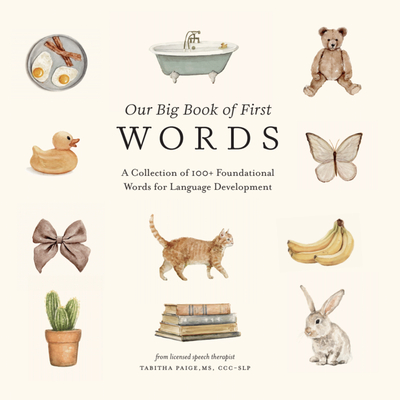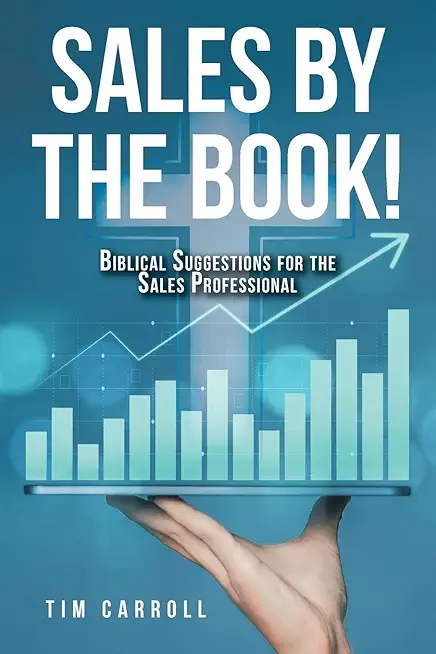
Universal Design for Learning (UDL) suggests exciting ways to design and deliver engaging, rigorous learning experiences-as a growing international movement of UDL practitioners can attest. However, implementing UDL also requires us to unlearn many beliefs, assumptions, and teaching practices that no longer work.
In this lively and fun book, UDL experts Allison Posey and Katie Novak describe colleagues who have implemented UDL and experienced exponential success: increased graduation rates, an increase in the number of students taking AP exams, and decreased special education referrals and out-of-school suspensions.
However, they have also found that sometimes, even when teachers learn about UDL and believe in its power to transform their teaching and learning environments, many still do not change. They don't believe this is because educators are unwilling to make changes, but perhaps because they may not think there is a strong reason to change, or perhaps they do not know the first steps to take.
The authors have wrestled with this dilemma for years, trying many different approaches to teach and model UDL. They have come to understand that for all the research, brain science, and best practices that are behind UDL as a way to reach all students without differentiating learning at every turn, there is an elephant in the room. Most teachers - and they include themselves in this group - have a hard time integrating new learning.
Why is changing what we do so hard? Posey and Novak posit that, to change how we think about teaching, how to manage classrooms, and how to develop curriculum, we must unlearn. In a profession that spends so much time thinking about learning, the process of unlearning is what needs to happen before real change can happen.
Wait, what? The unlearning process has been such a transformative experience for Posey and Novak that they want to invite fellow educators on this journey to design learning experiences that not only are accessible for students but that challenge them to become more autonomous and self-directed in their learning.
They have seen student agency increase and engagement skyrocket when UDL is implemented. They have observed teachers transformed by UDL who celebrated their learning journeys along the way. But this isn't just a book about UDL. It is a book that recognizes the fact that we aren't meeting the needs of all students and we know that we can.
The process of unlearning as part of the learning process has been well documented. What is unique about this book is that the authors support the process of unlearning using UDL. UDL is a tool that guides the design of learning environments to support the anticipated variability of students, to help educators be goal-directed and to prioritize engagement, and to ensure that every individual knows how to be an expert learner who is motivated, knowledgeable, and strategic.
Posey and Novak developed The Unlearning Cycle to support educators seeking to implement UDL in their practice. It includes the following essential elements, though these do not necessarily occur in a linear progression:
1) Understand variability
2) Know your goals
3) Transform tried-and-true practices
4) Prioritize engagement
5) Scaffold expert learning
This book is for teachers and the professionals who support them. It is for educators who are interested in UDL but have not been able to transform practice to increase the outcomes of all learners. As an educator, you can go through the process individual, with a team in a professional learning community, or as a school or district.







